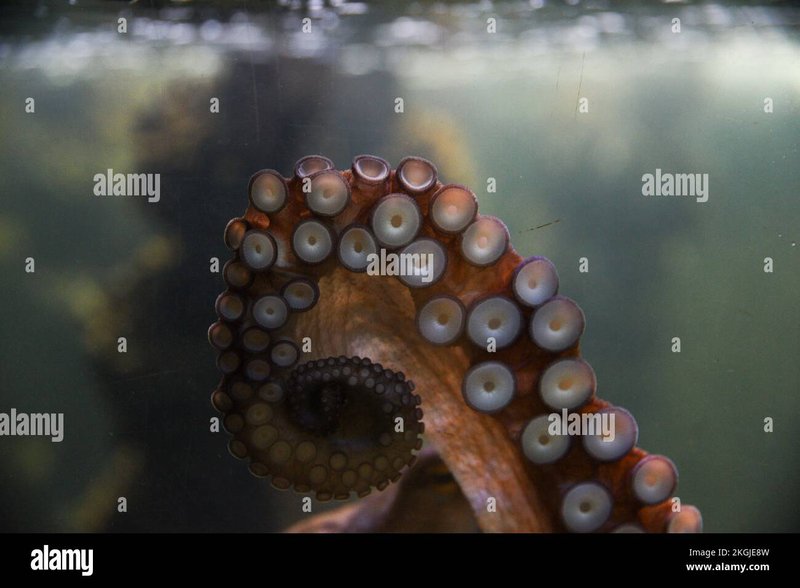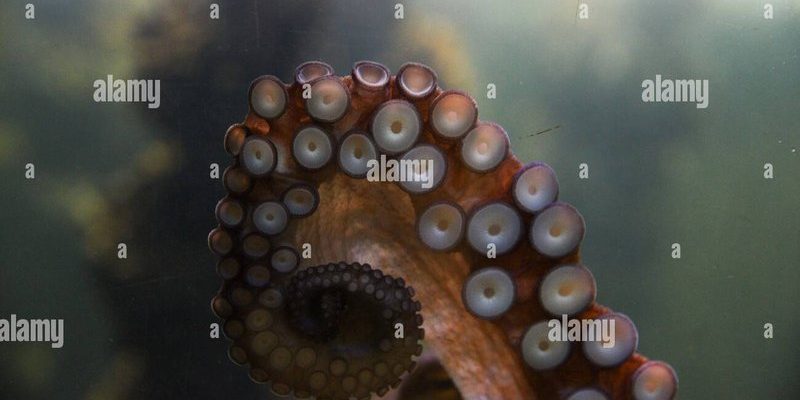
Their survival is challenged by various factors that can lead to declining populations. Whether it’s pollution, climate change, or overfishing, these threats can disrupt their ecosystems and alter their way of life. Let’s dive deeper into these common threats and understand how they impact these incredible marine animals.
Pollution: A Silent Enemy
Pollution is one of the most serious threats to octopuses. When we think of pollution, we often picture plastic bottles and cans floating in the ocean. But it goes much deeper than that. Chemicals from agricultural runoff, industrial waste, and sewage can seep into the water, affecting everything that lives there. For octopuses, this means that their food sources can become contaminated.
Many octopuses have a *locomotion* style that involves blending into their surroundings. However, if their environment is filled with harmful substances, it can lead to health issues. They can suffer from weakened immune systems, making them more vulnerable to disease and predators. Honestly, who wouldn’t want to thrive in a clean and healthy environment? It’s heartbreaking to think that these intelligent creatures are affected by things we often overlook.
Climate Change: Altering Their Habitat
Climate change is another major threat to octopuses around the globe. As ocean temperatures rise, the delicate balance of marine ecosystems is thrown out of whack. Warmer waters can lead to coral bleaching, which is disastrous for many sea creatures, including octopuses who rely on coral reefs for shelter and food. Think of it like losing the roof over your head.
Furthermore, rising sea levels can lead to habitat loss. Coastal areas, where many octopus species thrive, are being eroded. These changes can push octopuses into deeper waters where conditions are not always favorable. Here’s the thing: as their habitat changes, their food sources may diminish or migrate, forcing them to adapt quickly—an especially tough challenge for these creatures.
Overfishing: A Threat to Food Sources
Overfishing presents a pressing danger to octopuses. While they are agile hunters themselves, they share their habitat with many other species. When humans overfish, it can lead to a dramatic drop in the populations of smaller fish that octopuses depend on. Imagine if your favorite restaurant suddenly ran out of all your favorite meals; you’d be left hungry and frustrated.
Additionally, fishing practices like trawling can damage the ocean floor and destroy the habitats where octopuses breed and hunt. Even the nets and traps meant for other fish can inadvertently catch octopuses, leading to unintentional deaths. It’s not just about catching fish; it’s about preserving the whole ecosystem.
Invasive Species: Uninvited Guests
Invasive species pose yet another problem for octopuses. Species like lionfish and certain types of jellyfish can disrupt local ecosystems by preying on native fish or competing for food. When these invaders settle into a new area, it can upset the balance, making it difficult for native species, including octopuses, to survive.
For octopuses that rely on specific types of prey—like crustaceans or small fish—having these invaders around can mean that they have to fight harder for food. It’s a classic case of having to compete for limited resources. Imagine being at a buffet where your favorite dishes are being hogged by others! It’s not a fun experience for anyone.
Habitat Destruction: The Cost of Development
Habitat destruction is prevalent in many coastal areas, primarily due to development for tourism, housing, and industry. Mangroves and seagrass beds, essential for many marine species, including octopuses, are often cleared for land development. This is like bulldozing a forest to make way for a shopping mall; it drastically impacts the wildlife that once thrived there.
As habitats shrink, octopuses lose both their breeding grounds and feeding areas. In these altered environments, they must travel further and expend more energy to find food and shelter. You might be wondering how this affects their overall health. Well, with more stress and less food, their chances of survival decrease.
Human Interaction: Direct Threats
Humans are not just contributors to pollution and habitat destruction; we can also be direct threats. Activities like diving, fishing, and boating can disturb octopus habitats. Some divers may unintentionally harm or scare away octopuses in their natural behavior by getting too close or touching them. Imagine if someone interrupted your peaceful quiet time; it would be frustrating, right?
Moreover, certain cultures hunt octopuses for food, which can further threaten their populations, especially if sustainable practices aren’t followed. Responsible interactions can make a big difference, but it requires awareness and mindfulness in how we engage with marine life.
Final Thoughts: Protecting the Octopus
Octopuses are not just remarkable sea creatures; they play vital roles in maintaining the balance of marine ecosystems. Understanding the common threats to the octopus in the wild is the first step toward protecting them. Through responsible practices, we can help reduce pollution, combat climate change, and support sustainable fishing methods.
It’s essential for everyone to be aware of these challenges and advocate for better environmental policies. The ocean needs our help, and by ensuring its health, we also secure a future for the intelligent and elusive octopus. After all, these creatures deserve a thriving home just as much as we do. Let’s work together to keep our oceans pristine and their inhabitants safe.

